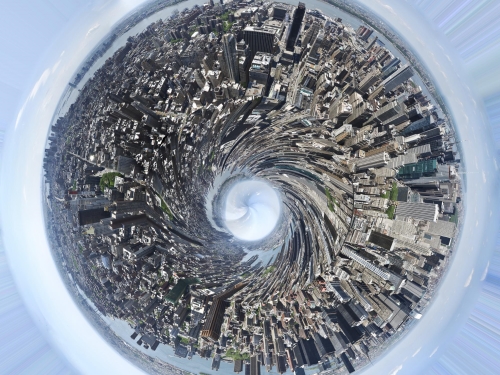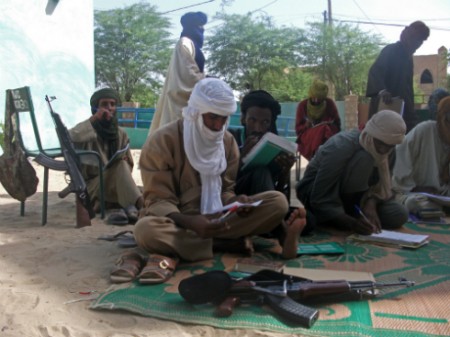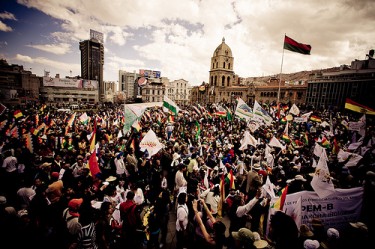
This article was originally published by the Barcelona Centre for International Affairs (CIDOB) in the 297th Edition of Opinión on 20 January, 2015.
The death of Ulrich Beck leaves us bereft of that always lucid, special perspective found in each of his articles or in the new publication that arrived on just the day that, for the umpteenth time, we were doubting our own theories or missing someone to lend a hand and help us understand the world. For Beck, as a sociologist, what happened in the world was what happened between people and groups, making “globalised patchwork generations” of their hopes and dreams, their fears, disappointments and frustrations.



 In the wake of the news that a Russian investment company had coughed up $200 million for a 2 percent stake in Facebook (and yes, that amounts to an estimated $10 billion value for the whole thing), and that Facebook itself had reached the coveted 200 million user mark (making it the 5th largest “country” in the world, no less), I thought it appropriate to have a look at how it is being used in the world beyond the college dorm and my living room.
In the wake of the news that a Russian investment company had coughed up $200 million for a 2 percent stake in Facebook (and yes, that amounts to an estimated $10 billion value for the whole thing), and that Facebook itself had reached the coveted 200 million user mark (making it the 5th largest “country” in the world, no less), I thought it appropriate to have a look at how it is being used in the world beyond the college dorm and my living room.